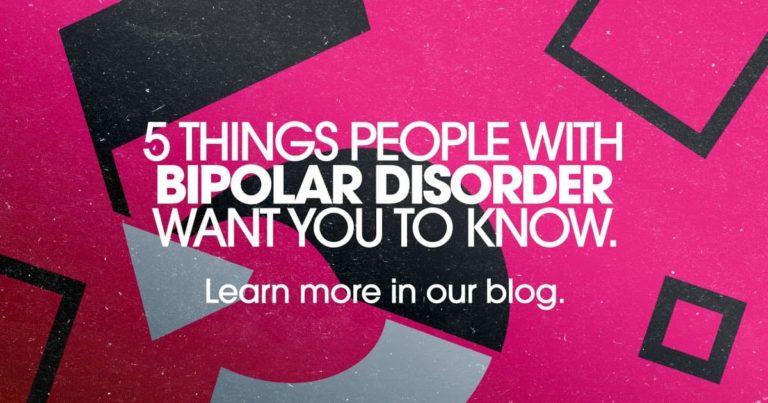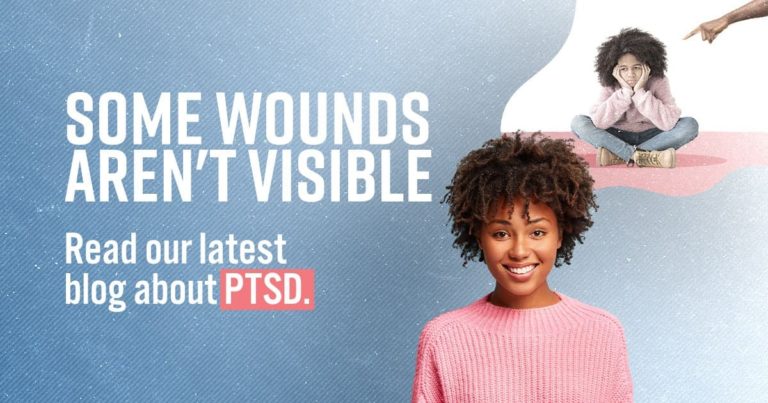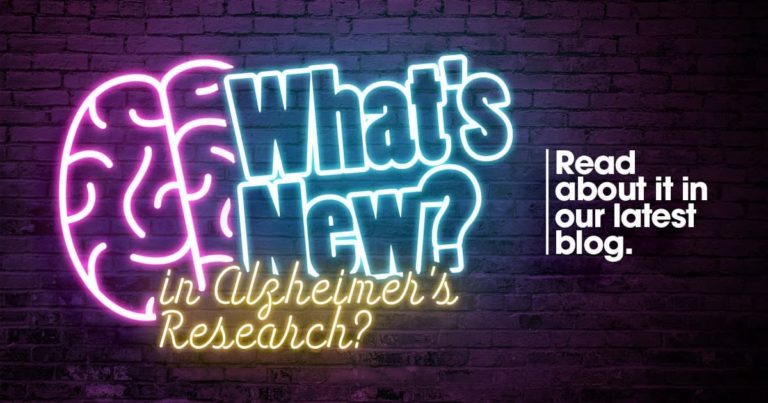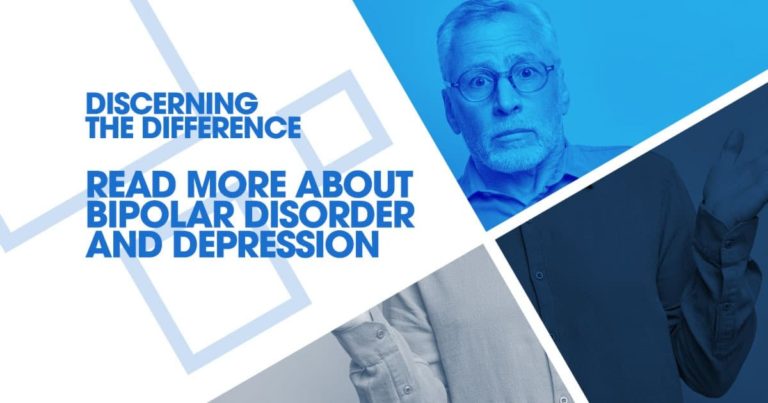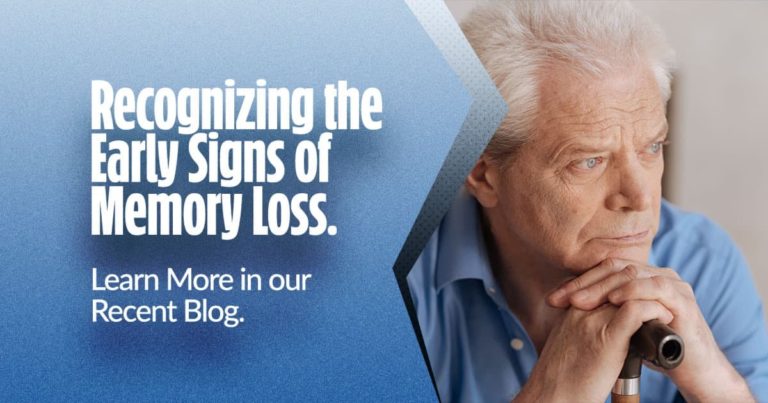Why Bipolar Relapse is Higher During the Holidays
The holidays are tricky for everyone. For those with bipolar disorder, mood instability is a unique challenge over and above what the average person faces. Here are some reasons why bipolar relapse is higher during the holidays for those with bipolar disorder. More than the Holiday Madness A bipolar disorder relapse is defined as the …




